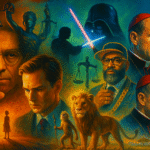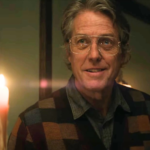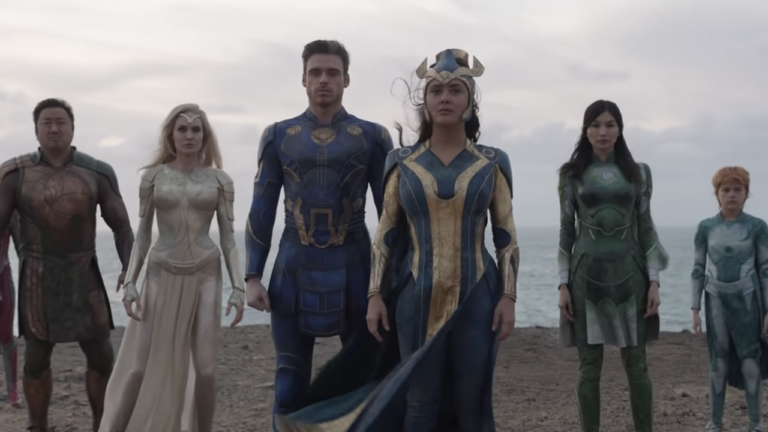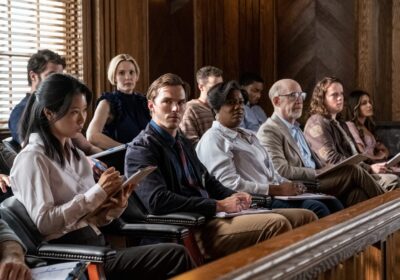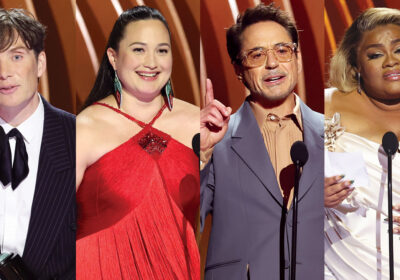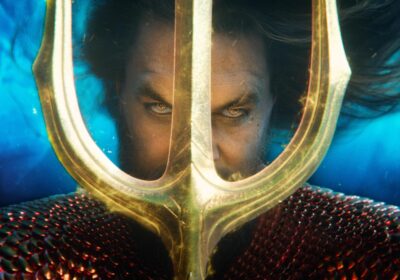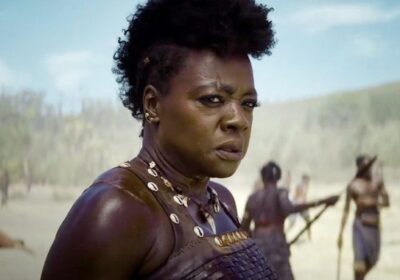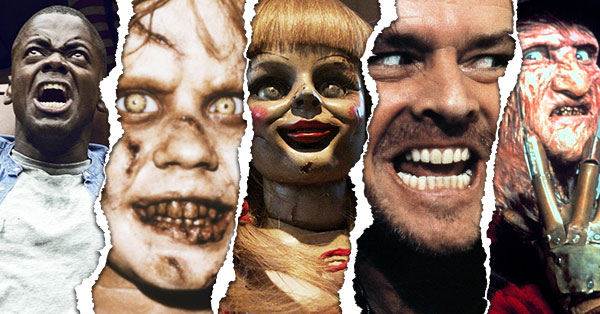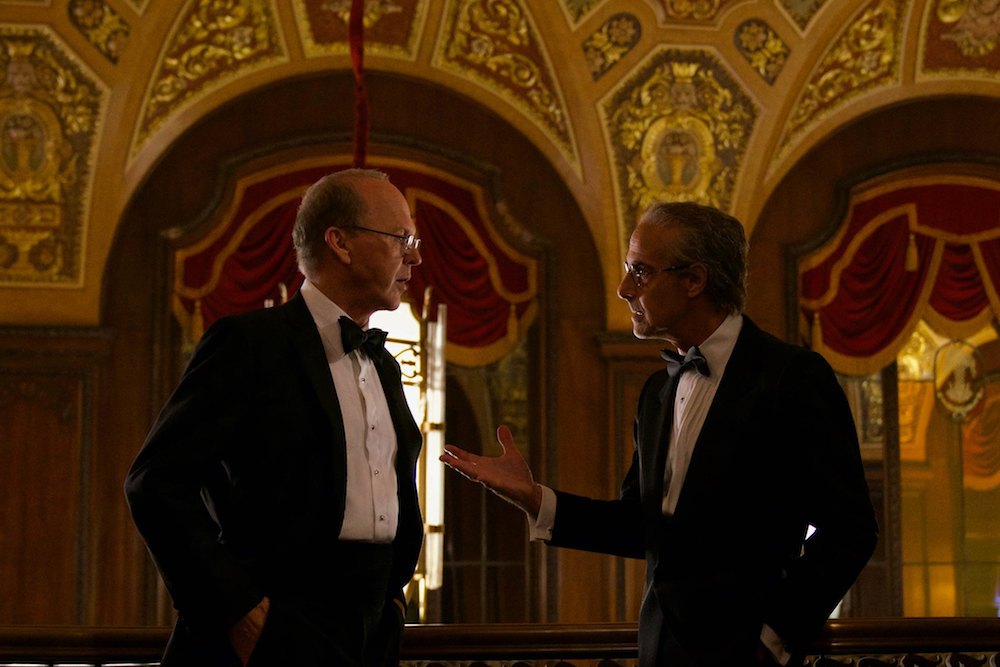
Worth: All Men Are Created Equal, But Some Are More Equal Than Others
Basic laws of demand and supply are one of the strong determinants of price. Price in itself is the standard numerical unit to measure the value of anything. However, there are certain things that are expensive because more people want them, and there are other things that have a high numerical value because of the substance that it is made of but most people don’t want them or can’t afford them; these could be valuable ornaments or very expensive cars specifically built for people of a certain financial class.
So, how do we value a human being? And when I say value, I do not mean quantifiable affection, I am talking about numerical value. As it is with inanimate objects, the value of one item to one person may not be the same value to another; this is the same with human beings considering that your neighbor will value his or her cat more than they will value your mother. The question we may want to ask ourselves is; is it possible to fairly equivocate a numerical value to human life?
The famous quote “all animals are equal, but some animals are more equal than the others” taken from George Orwell’s Animal Farm, shows the inequality that exists in society; both the inequality that can be caused by socioeconomic differences, as well as those that can be created by people in society. The movie Worth tells the story of the post 9/11 attacks that leaves thousands of families bereaved, and the airline industry faced with the risk of lawsuits from families of victims of the attack. Airline lobbyists go to the government and this leads to a scheme where victims’ families will have to agree to a settlement, of which after having agreed, the victims’ families will no longer be able to sue the airlines.
On the surface, this sounds like a very good plan, until the issue of how much will be used as a settlement for each beneficiary; because the 9/11 attack claimed the lives across different social strata; which would include dishwashers, cleaners to top executives and CEOs and other elite people. This movie, based on factual events, theorizes the possibility of attaching a fair numerical value to human lives and seeks to ask the question of what a fair numerical recompense would be to the family of the bereaved.
So, considering that we are looking at attaching a numerical value to human life, bearing in mind that we have CEOs and dishwashers; who gets how much? What would be a fair settlement amongst these individuals of different social strata? How do you calculate the value of the life of the cleaner vs the life of the CEO? Are they different? Should they be different and can we honestly say they should be equal?
This psychological drama has Michael Keaton playing the role of Ken Feinberg who is saddled with the dirty job of deciding who gets what, and takes you into his excruciating journey froth with all kinds of persecution as he does his best to evaluate the worth of the victims of the crash, in order to ascertain appropriate settlements to beneficiaries. This movie will let the viewer agree with Thomas Jefferson when he wrote “we hold these truths to be self-evident that all men are created equal”. we may all agree on the fact that we are all created equal, but this movie reveals the obvious inequality that exists if a monetary value were to be attached to human life.
The movie is directed by Sara Colangelo and written by Max Berenstein known for his work on the Godzilla-King Kong anthology. If you are wondering why a writer who writes about giant lizards and gorillas would take on this true-life psycho-emotional drama, I did wonder the same thing when I discovered that Mario Puzo (author of The Godfather) wrote the screenplay of the first Superman movie. Apart from the main subject matter of a movie, I tend to pick interest when I find writers versed in complex sci-fi topics plunge into traditional societal drama; from my experience, it always turns out great, and I must agree that this movie does justice to its story.

